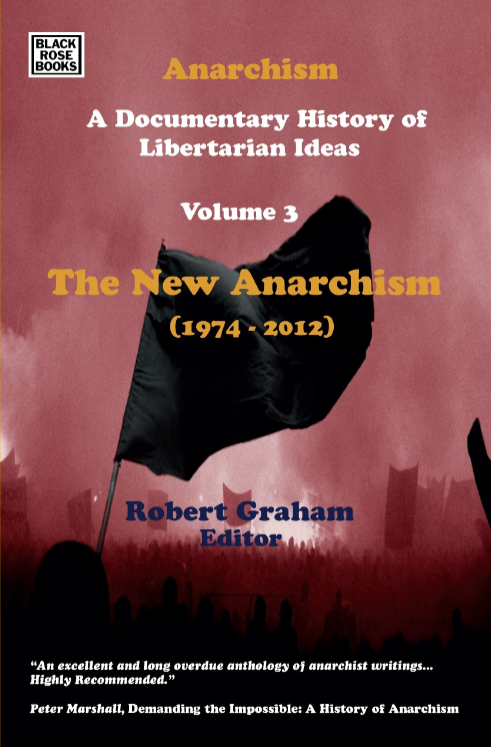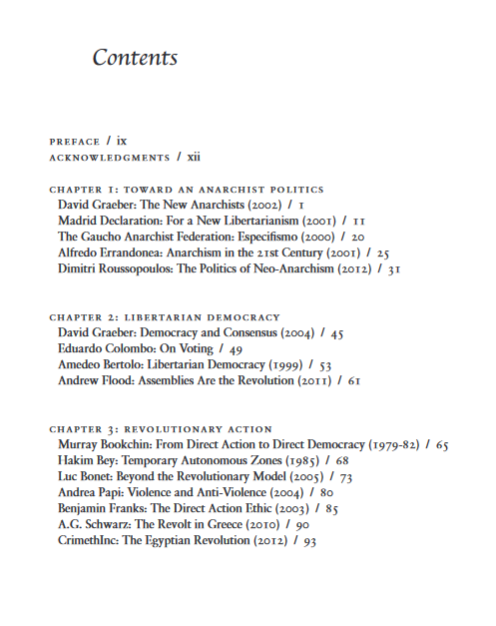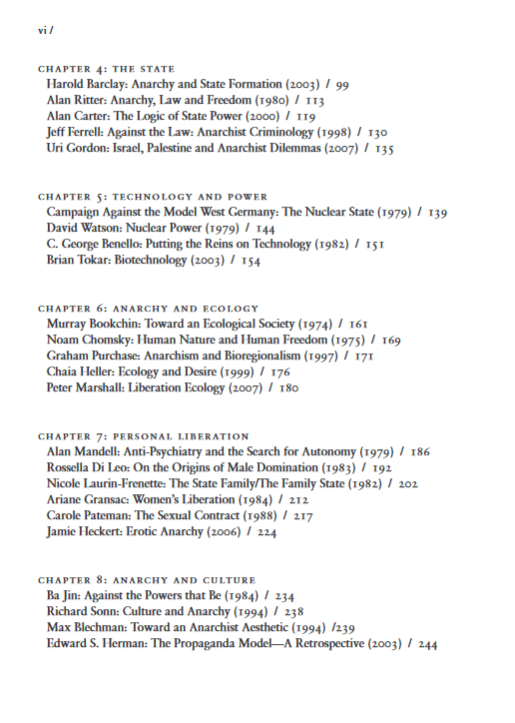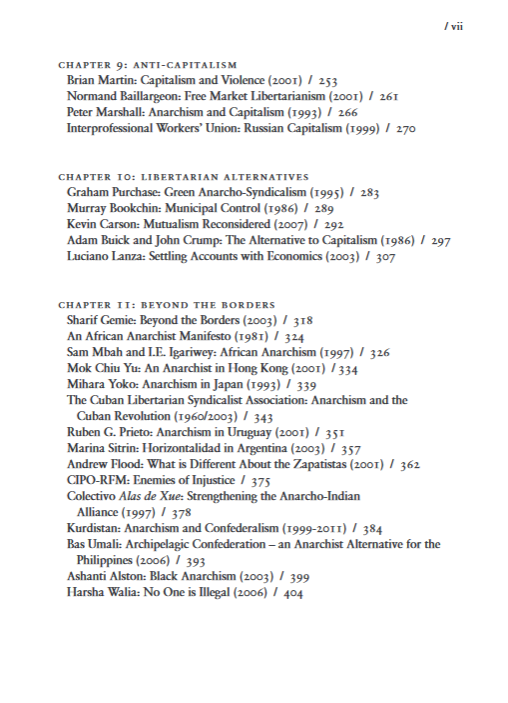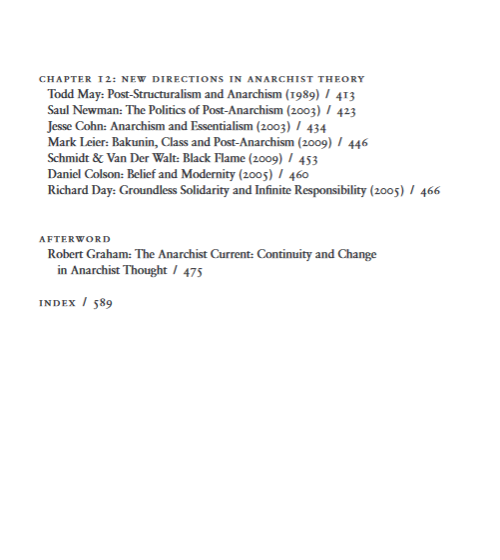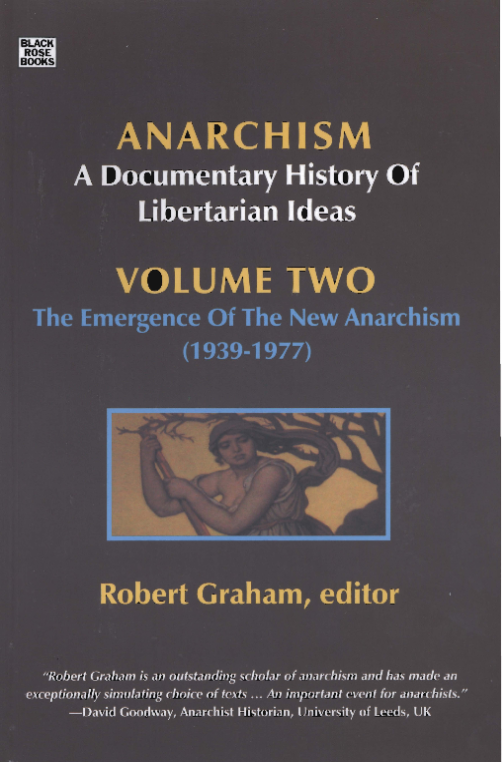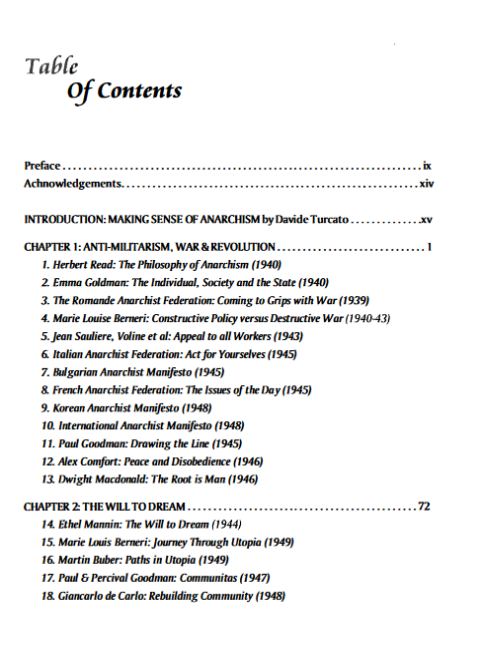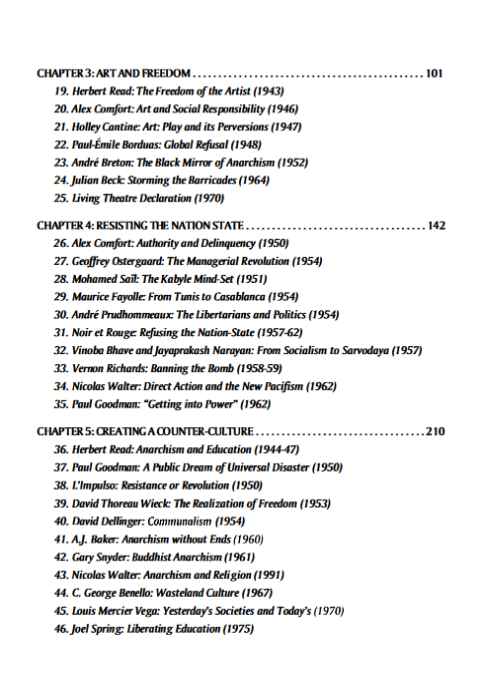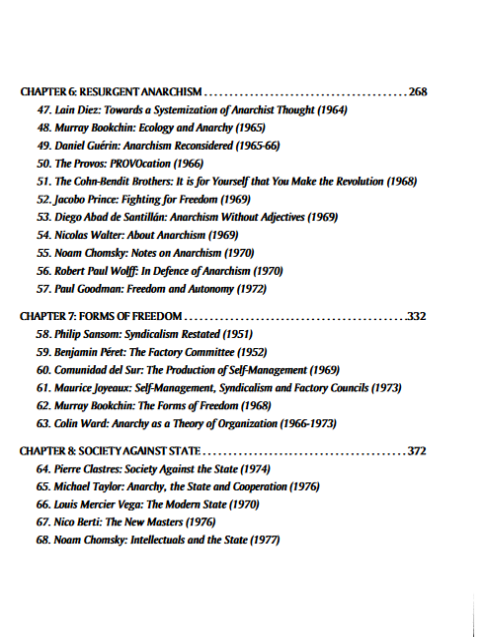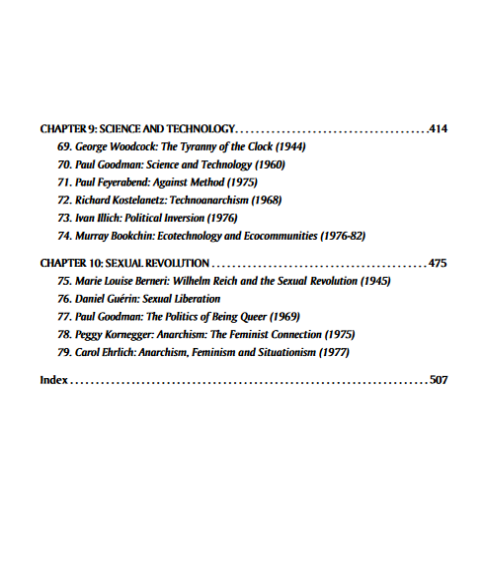Author(s)
Contents
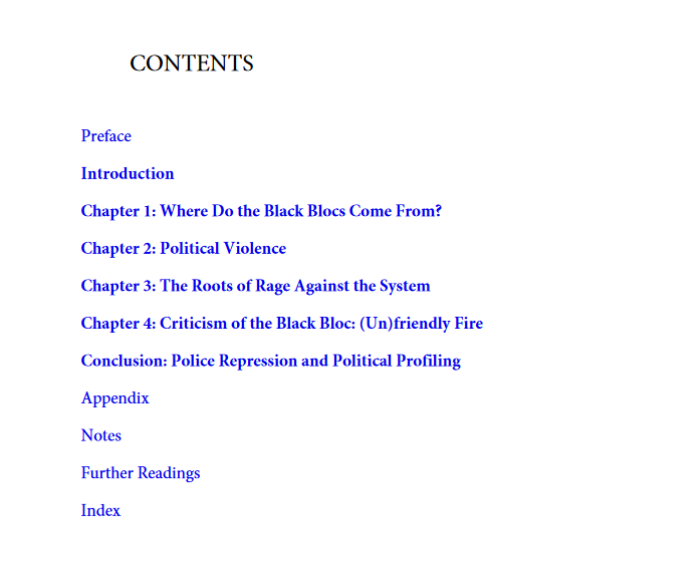
“Amid clouds of tear gas, police officers in full riot gear face off with silhouetted figures bustling in the street. Masked and dressed in black, those figures are the “Black Bloc.” The black flag of anarchism waves above the commotion as bottles, rocks, and even the occasional Molotov cocktail fly overhead. The police fire volleys of tear gas and rubber bullets. Sometimes the bullets are real. The action unfolds against a backdrop of banks and multinational retail shops smeared with anarchist and anti-capitalist graffiti, their windows shattered. Since the epic “Battle of Seattle,” fought on November 30, 1999, during the meeting of the World Trade Organization (WTO), the media have enthusiastically captured such scenes.
According to a widespread myth, there is only one Black Bloc, which is thought to be a single permanent organization with numerous branches throughout the world. In fact, the term Black Bloc represents a shifting, ephemeral reality. Black Blocs are composed of ad hoc assemblages of individuals or affinity groups that last for the duration of a march or rally. The expression designates a specific type of collective action, a tactic that consists in forming a mobile bloc in which all individuals retain their anonymity thanks in part to their masks and head-to-toe black clothing. Black Blocs may occasionally use force to express their outlook in a demonstration, but more often than not they are content to march peacefully.
[…] Voices decrying the “theoretical confusion” and “theoretical poverty” of Black Blocs and their allies can be heard even on the far left. But this sort of criticism is specious, because it assesses the theoretical value of direct actions using criteria that are foreign to such gestures, comparing them, for instance, to treatises of social or political philosophy.
For many of its participants, the Black Bloc tactic enables them to express a world view and a radical rebuke of the political and economic system, yet they are certainly not so credulous as to believe that doing so can frame a general theory of liberal society and globalization. The Black Bloc is not a treatise in political philosophy, let alone a strategy; it is a tactic. A tactic is not about global power relations, or about how to take power, or even better, how to get rid of power and domination. A tactic is not about global revolution. Does this imply renouncing political thinking and action? No. A tactic such as the Black Bloc is a way of behaving in street protests. It may help empower the people protesting in the street, by giving them the opportunity to express a radical critique of the system, or by strengthening their ability to resist the police’s assaults on the people.”
Francis Dupuis-Déri
Leave a comment below with a valid email adress (it will not be published) to request this book.
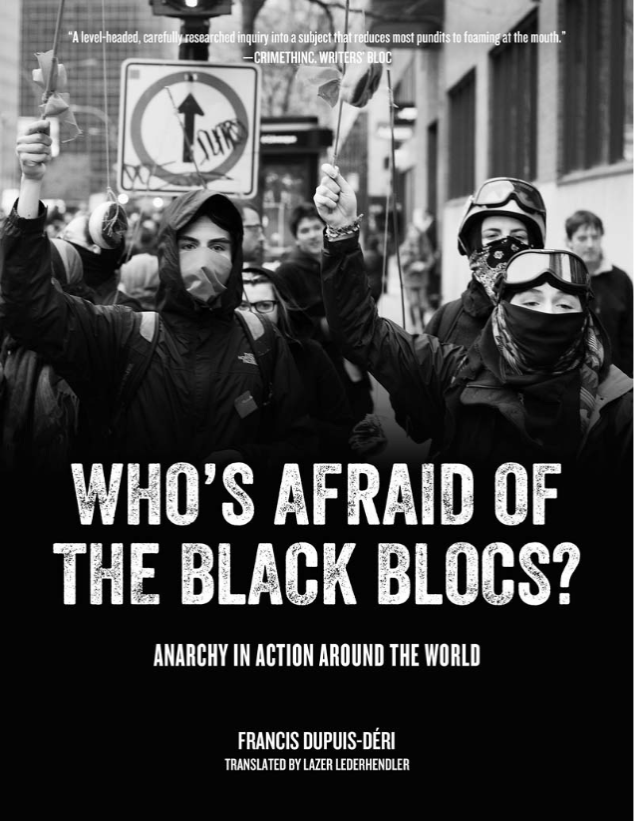

 Dupuis-Déri, Francis
Dupuis-Déri, Francis 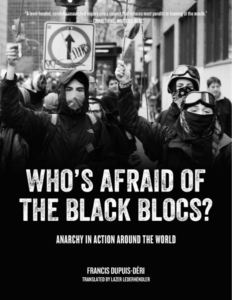 Who's Afraid of the Black Blocs ? Anarchy in Action around the World (2014)
Who's Afraid of the Black Blocs ? Anarchy in Action around the World (2014) 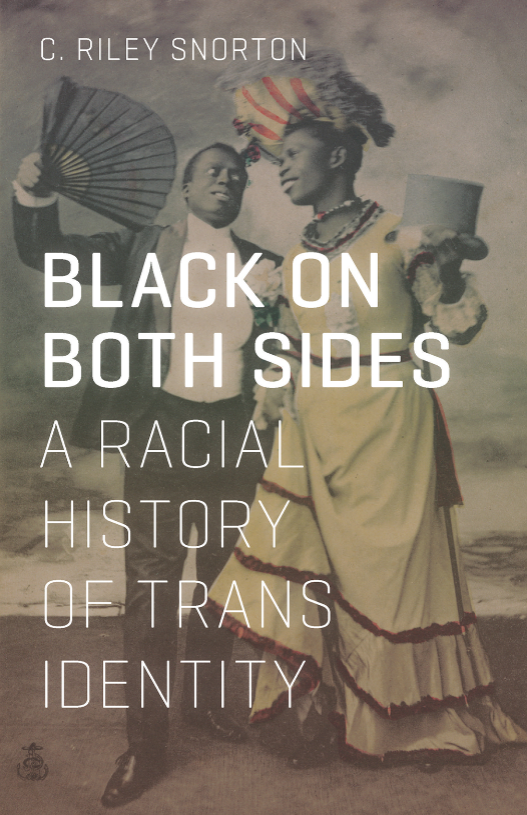
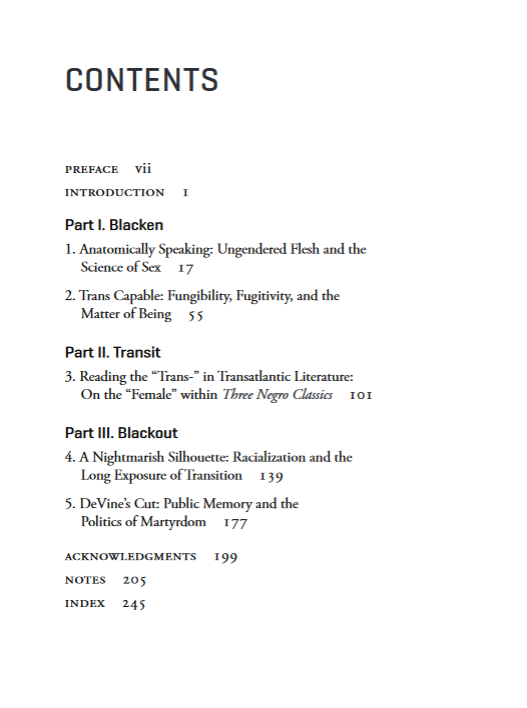
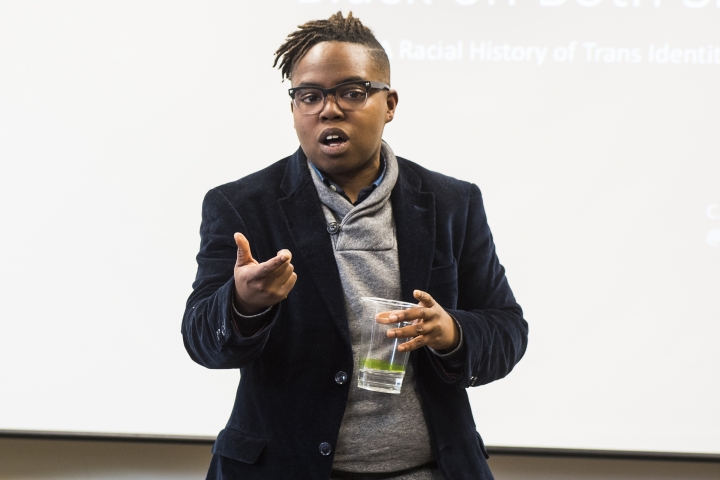
 Snorton, C. Riley
Snorton, C. Riley 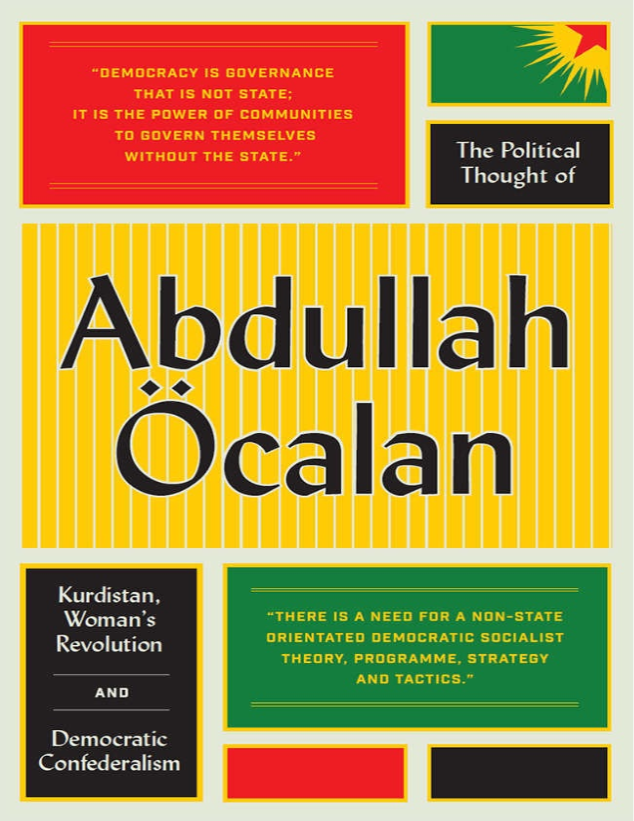
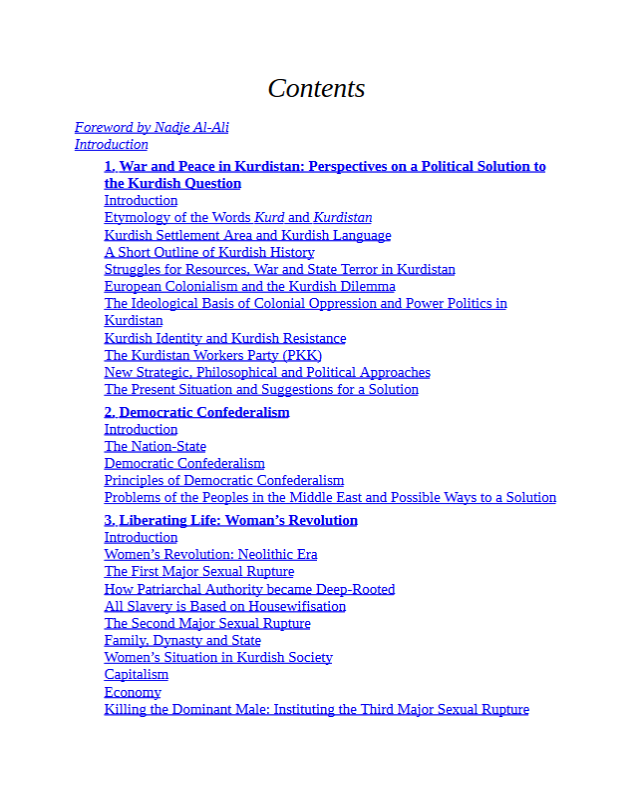
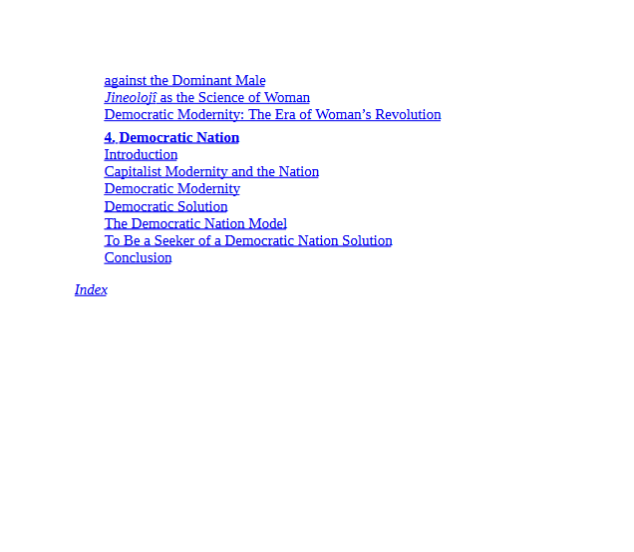
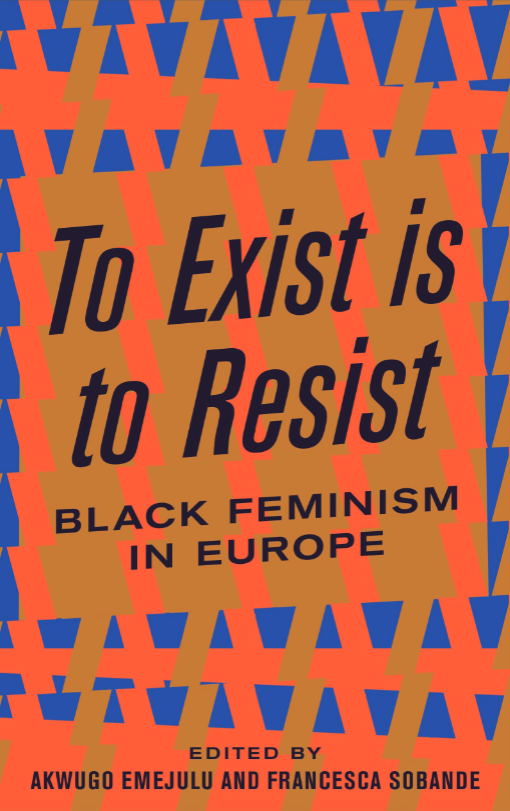



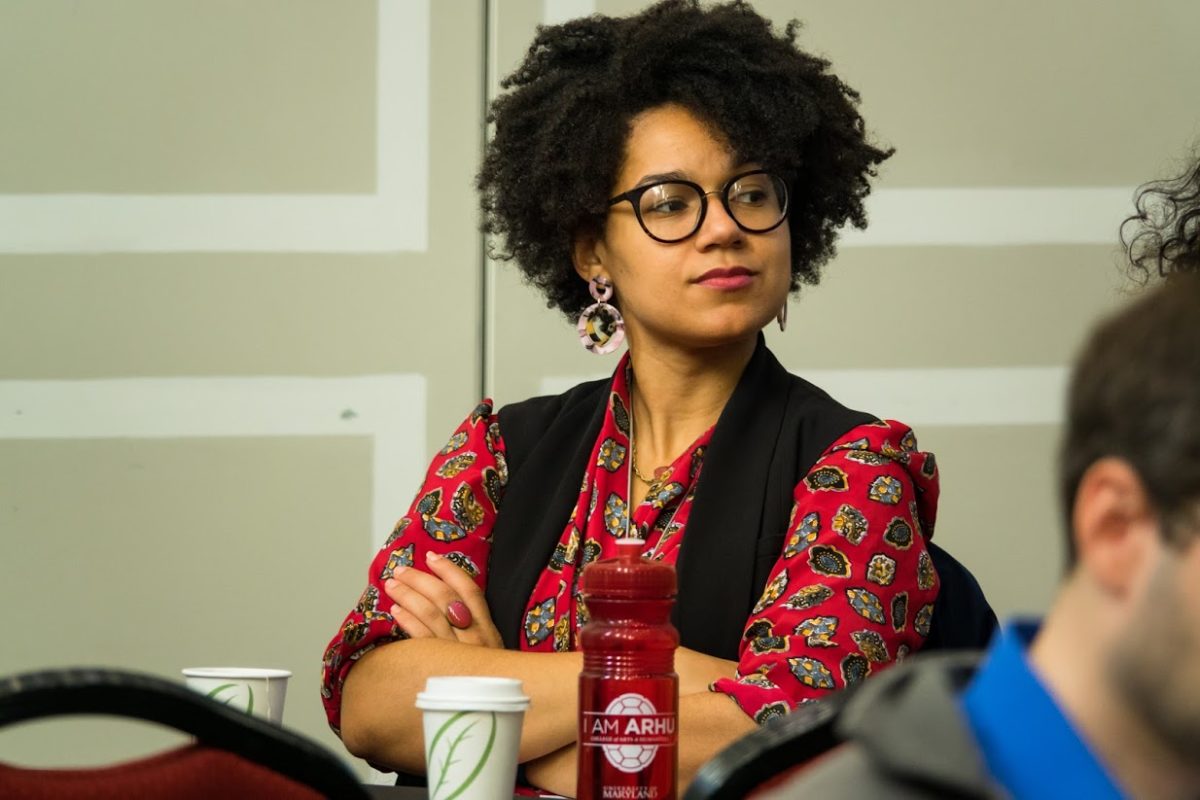
 Sobande, Francesca
Sobande, Francesca 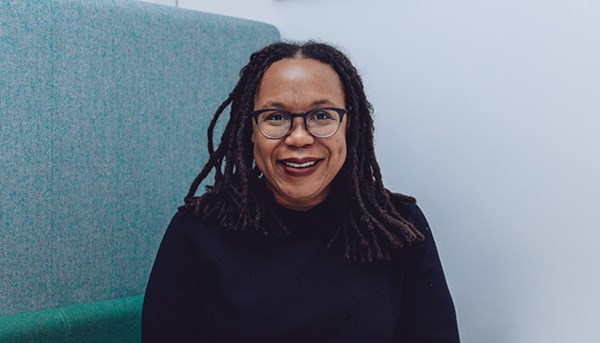
 Emejulu, Akwugo
Emejulu, Akwugo 